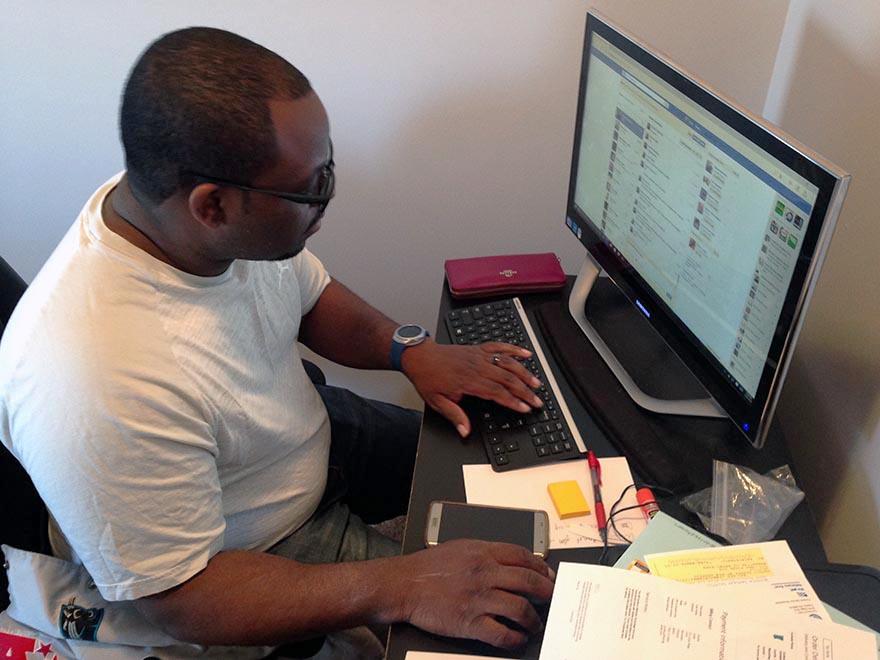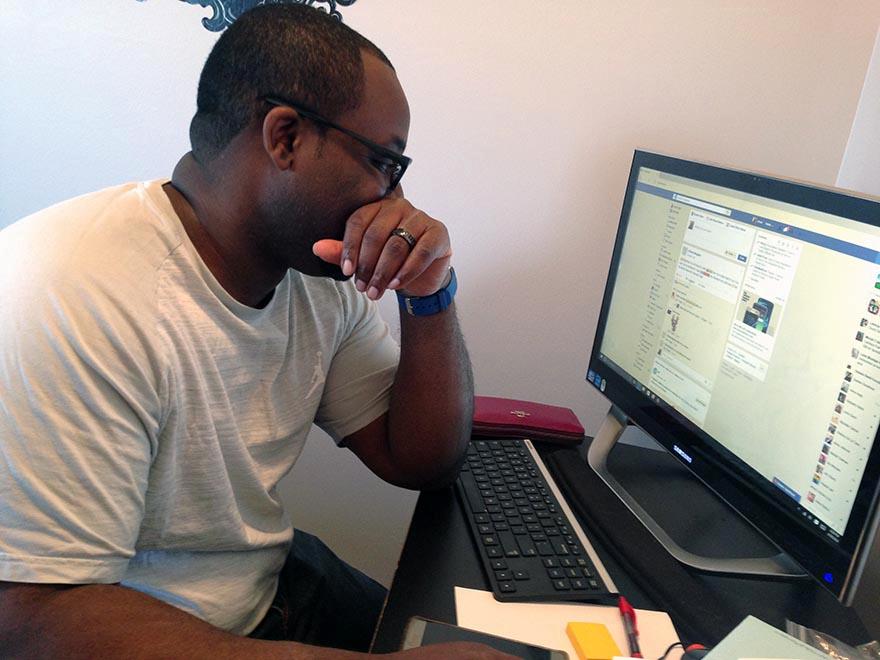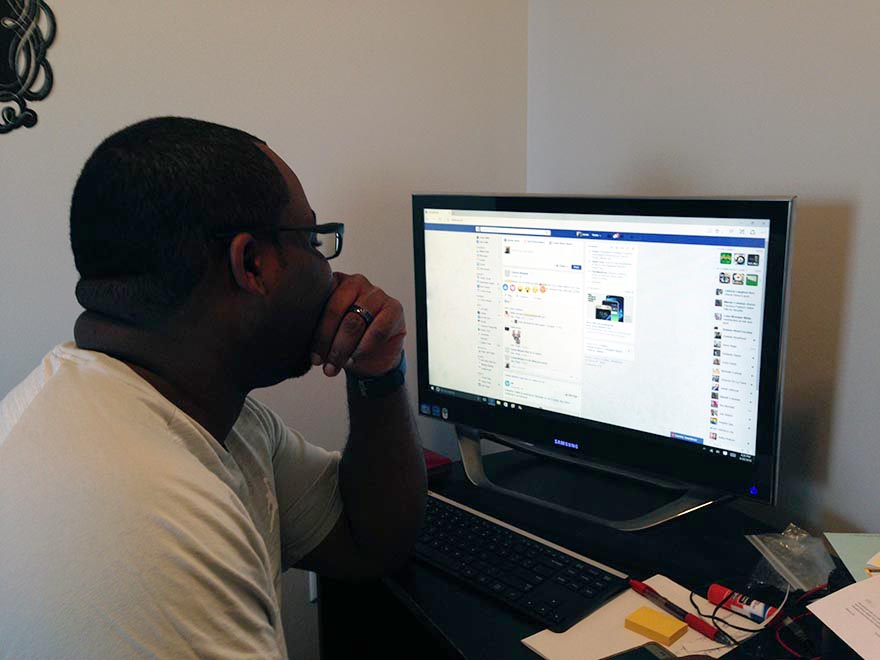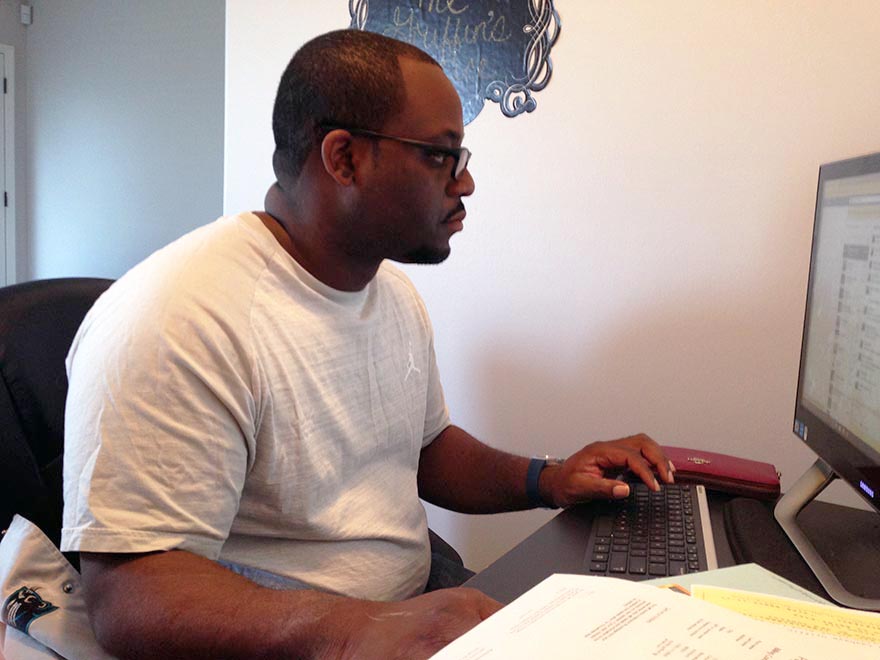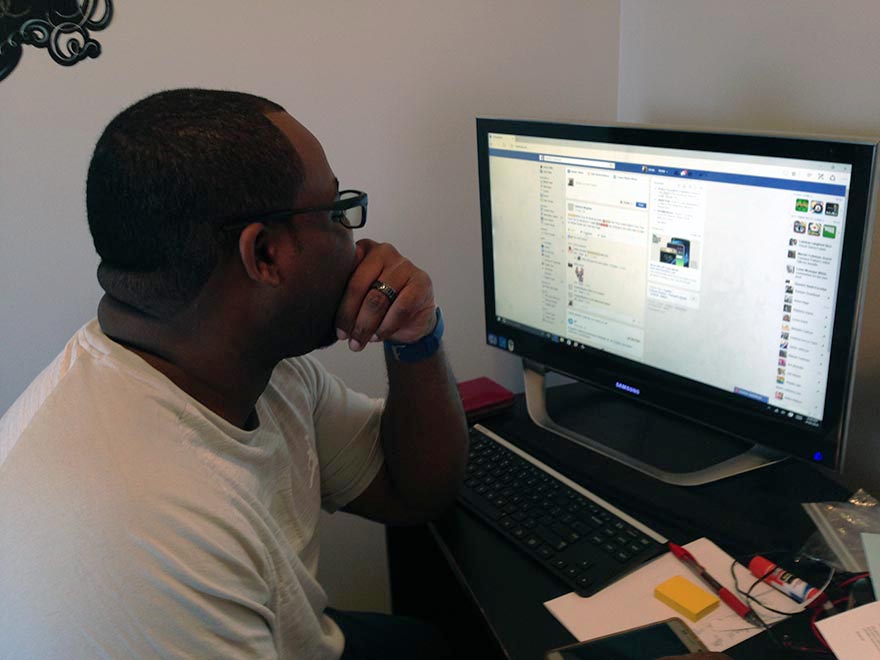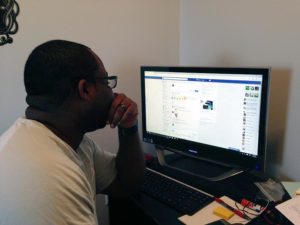Making an Impact
Measuring the impression a bus driver created by his students’ reaction after he left
May 3, 2016
Are there people out there who really make an impact? How is this measured?
A story playing out in the lives of 40 Manhattan High students delves into these questions. After USD 383 bus driver Jovan Griffin quit his job three months ago and left the students on his route missing him, they have not stopped asking for him to come back.
“Everybody on our bus has called the bus transportation place at least once,” sophomore Cassidy Meyers said. “Everyone’s called wanting Jovan back. A lot of us text him too because he’s friends with a lot of us on Facebook and so we all text him about it. He said that he was wishing he could come back too, but he can’t because he works at Fort Riley now, so everybody’s just basically called bus transportation saying that we need to get Jovan back. It’s pretty hectic.”
The person students call is often Andrea Adams, USD 383’s Director of Transportation.
“When I get calls saying ‘we want him back,’ I say, ‘I want him back too, but there’s nothing I can do about it,’ Adams said.
Why do these students want Griffin to return to their route?
“He was basically like our friend on the bus,” junior Christina Godown said. “If we were down, he would help us get back up. He would cheer us up or he would try to make our day, stuff like that. He was kind of in our business, but we were totally cool with that and we basically talked to him all the time because he gave us really good advice.”
Junior Demonte Taylor also saw Griffin as more than just a bus driver.
“He talked to everybody; he was basically our therapist,” Demonte said.
Like Demonte, Meyers appreciated Griffin’s ability to reach out to the students.
“He talked to everybody; whether we were very talkative or not, he’d always say ‘hi’ every morning, and he’d want to know everything about you,” Meyers said. “He knew everything that went on in my life and he always helped me. He always gave me hugs if I needed a hug and always asked what I was doing. He cared about everybody and he wouldn’t write people up, because everybody really liked Jovan, so no one would really act up or yell at him…. He just cared for everybody and really didn’t let anybody be upset; he’d always ask you if you were okay.”
Griffin connected with the students on his route because he remembered what it was like to be a teenager and empathized with them.
“When I first got the job I didn’t know how to act with kids,” Griffin said. “I think I had to put myself back into when I was a teenager, and it made me think about my older daughter; she’s about to become a teenager and change and stuff and I knew how it was when I was a teenager. And I just, I don’t know, I just took myself back to when I was a teenager, and how it is to be a teenager, because I think as adults we get older and we forget how it was when we were teenagers. And these teenagers are, like, all different. These teenagers are all different and go through different situations.”
Students felt that Griffin met with them at their level.
“He really understood us,” Meyers said.
Maybe, just maybe, Griffin will be back at Manhattan High. He said there is a chance he could return next fall, for the kids.


